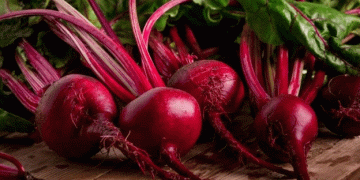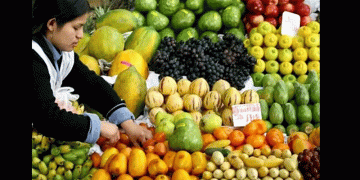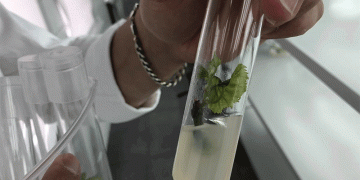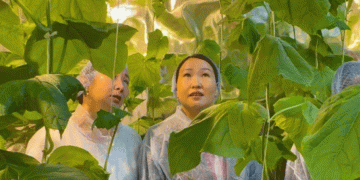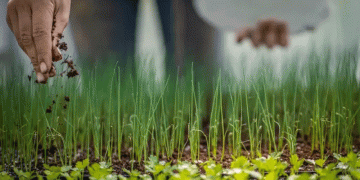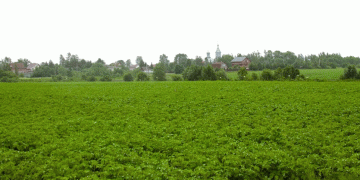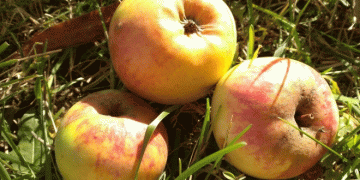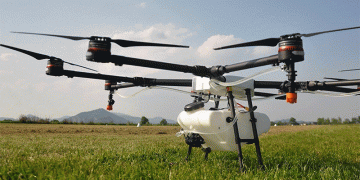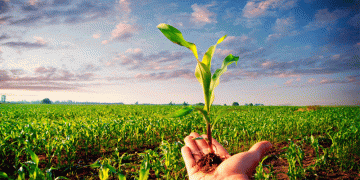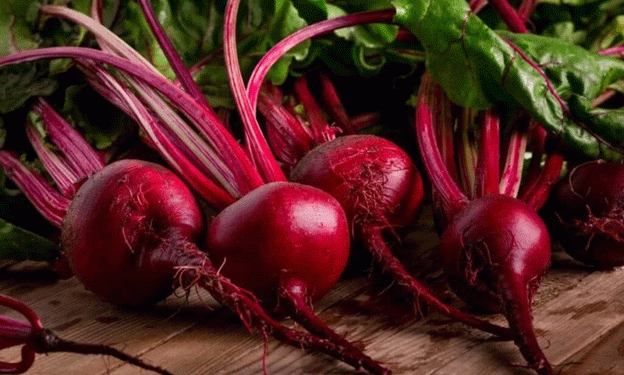Ensuring Domestic Food Security: Belarus’s New Export Licensing Policy
The Belarusian government has implemented a three-month export licensing requirement for several key agricultural products, including white cabbage, apples, onions, carrots, and table beets. The regulation, signed by Prime Minister Roman Golovchenko, aims to safeguard domestic supplies during the off-season, ensuring the country’s food security.
According to a statement from the Council of Ministers, the measure applies to exports of these products, regardless of their origin, leaving the country. Licenses will be issued on a case-by-case basis by the Ministry of Antimonopoly Regulation and Trade (MART) in coordination with the Ministry of Agriculture and local executive committees.
Balancing Supply and Demand
The licensing framework hinges on an evaluation of available domestic stock versus national demand at the time of license application. This approach ensures that Belarus can maintain a stable supply of essential food products during a period characterized by seasonal shortages.
Such protective measures are not uncommon in global markets, especially when governments prioritize food security over exports. Belarus’s move follows similar actions by other countries seeking to prevent domestic price surges and shortages amid global economic uncertainty and disruptions in supply chains.
Implications for Farmers and Traders
For Belarusian farmers and exporters, the new regulation presents both challenges and opportunities. While it limits their ability to freely export surplus produce, it also stabilizes domestic markets, potentially preventing price collapses caused by oversupply. However, exporters targeting international markets may face logistical and administrative hurdles, including delays in license approvals and uncertainty regarding export quotas.
Neighboring countries and trade partners that rely on Belarusian agricultural exports may also feel the ripple effects. Reduced availability of Belarusian produce could lead to higher prices or supply gaps in importing countries, further influencing regional agricultural trade dynamics.
Global Context: A Growing Trend
Export restrictions and licensing requirements have become more prevalent globally, particularly in response to economic and climatic pressures. Similar measures have been seen in other nations, such as India’s restrictions on rice exports or Ukraine’s grain export limitations during conflict. These policies often spark debate, balancing domestic needs with international trade obligations.
Belarus’s decision to implement export licensing for essential agricultural products underscores the critical importance of food security in today’s volatile market. While the policy aims to ensure sufficient domestic supplies during the off-season, it also highlights the delicate balance between supporting local consumption and participating in global trade. For farmers, exporters, and policymakers, adapting to these regulations will be key to navigating this transitional period effectively.
